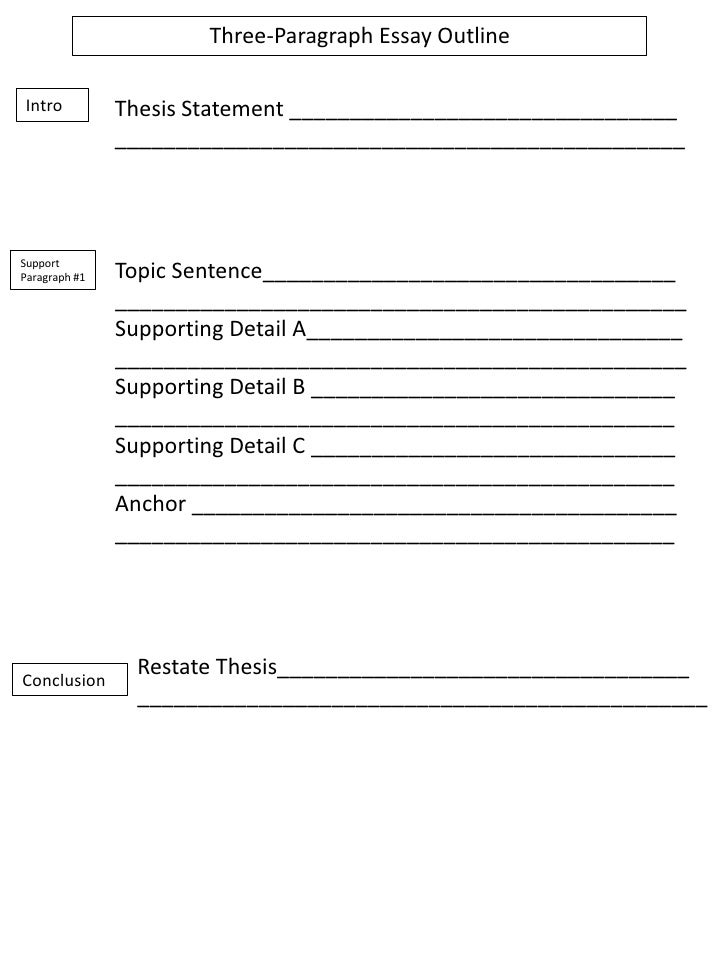How To Write A Good Interview Essay: Step-By-Step Guide
Within an interview essay, you can present somebody’s thoughts on a certain topic, and this essay type also offers you an opportunity to consider somebody’s ideas in a more general context or analyze them.Interview essays are crucial for those who study journalism or just want to improve writing skills. There are several types of interview essays, but all of them are aimed to create an impression that readers talked to somebody personally. Now let’s consider interview essays in more detail, so you’ll be able to write a good essay, following simple step-by-step instructions. The purpose of your essay affects the interviewed person, it determines the chosen method and some features of essay writing. If your assignment is about some scientific phenomenon, you’ll interview a scientist. If it’s about some period in history, you’ll interview a historian or a person who participated in these events or lived during these times. If your essay is aimed to provide a certain opinion, you’ll want to interview an authoritative person who has a strong opinion and expresses it impressively.
If your essay is devoted to public opinion, you’ll have to interview many people. On contrary, if it represents a particular view of a random person, you will choose only one person to interview. To write a good essay, you have to conduct a good interview. In turn, a good interview is impossible without a proper understanding of the subject and preparation. Study your subject, its history,and most important issues. You have to collect enough information to write a list of interesting and relevant questions. Read sources devoted to your subject and any available printed materials. The more you know about it, the more interesting and specific questions you can ask. Look up some existing interviews about this subject, This will allow you to determine what questions are the most important, as well as figure out what unique questions you can ask and what questions may be too banal. Some questions may be answered with either “yes” or “no”.

Such questions are good to clarify some crucial and specific details. On the other hand, open questions which imply a detailed answer can help you gather additional data. Draft a list of questions that will serve as a blueprint for your interview. We suggest preparing more questions so you’ll be able to select the most appropriate ones during the interview. You don’t know what an interviewed person will be focused on - it may be a topic that you considered a side subject. Sort your questions by importance or in the order that you plan to ask them. Highlight the most important questions. First of all, you have to contact your interviewee to define a place and time to meet. Don’t forget to get a necessary permission for recording answers or making photos. Always explain who you are and why you’re interested in interviewing this particular person. Find more info here.. . It may be a restaurant, a library, or a quiet location, for example, in some park.
The interviewee must express his or her consent regarding the use of the recorded material. According to the law, you have to get a written permission to record an interview. If the person you wanted to interview can’t meet with you or is just not interested in the interview, you must have your plan B that implies another person familiar with the subject. Once you’ve arranged the interview, make sure to get there on time. Even if you record the interview on a phone or a voice recorder, take notes. It will help you remember some points that appear to be especially interesting or important. Use a recording device that will help you clarify the context of some noted phrases during the writing process. Be respectful and wait for your interviewee’s responses with patience. The interviewed person must have time to think and figure out answers. Create a relaxed environment for the conversation.
Remember that it’s better to get a few accurate and meaningful responses than many answers given in a hurry. Right after you’ve finished interviewing someone, jot down your fresh impressions and thoughts. You will need these notes while writing an essay. At the end of the interview, thank your interviewee. Usually, if you get an essay assigned, you will be given instructions on the essay format. Talk to your instructor to clarify all the necessary details, such as the expected questions or answers, the use of paraphrasing, the context, and the format of quotes. It’s an informal format which allows you to use the first and the second person. It fits a wide range of essays, including magazine articles and college assignments. Narrative interview essays are formal, and it’s the most common type of college assignments. Some answers may be paraphrased. This format also allows you to provide background information. Question - answer. Essays of this type consist only of direct quotes. It looks like a list of questions and answers written in a form of a dialogue. However, you can add some comments in parentheses.
Post was created by Essay Writers.